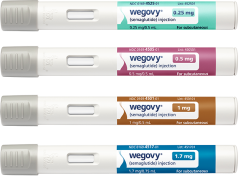Routine use of supplemental oxygen does not reduce one-year all-cause mortality versus ambient air
TUESDAY, Aug. 29, 2017 (HealthDay News) — For patients with suspected acute myocardial infarction without hypoxemia, routine use of supplemental oxygen does not reduce one-year all-cause mortality, according to a study published online Aug. 28 in the New England Journal of Medicine. The research was published to coincide with the European Society of Cardiology Congress 2017, held from Aug. 26 to 30 in Barcelona, Spain.
Robin Hofmann, M.D., from the Karolinska Institutet in Stockholm, and colleagues enrolled 6,629 patients with suspected myocardial infarction and oxygen saturation of 90 percent or higher. Participants were randomized to receive supplemental oxygen or ambient air.
The researchers found that the median duration of oxygen therapy was 11.6 hours, and the median oxygen saturation at the end of the treatment period was 99 and 97 percent among patients assigned to oxygen and ambient air, respectively. Hypoxemia developed in 1.9 and 7.7 percent of patients in the oxygen and ambient air groups, respectively. The median of the highest troponin level during hospitalization was 946.5 and 983.0 ng/L in the oxygen and ambient-air groups, respectively. Death from any cause within one year of randomization occurred in 5.0 and 5.1 percent of patients in the oxygen and ambient air groups, respectively (hazard ratio, 0.97; 95 percent confidence interval, 0.79 to 1.21; P = 0.80).
“Routine use of supplemental oxygen in patients with suspected myocardial infarction who did not have hypoxemia was not found to reduce one-year all-cause mortality,” the authors write.
Several authors disclosed financial ties to the pharmaceutical industry.
Abstract
Full Text
Editorial
More Information
Copyright © 2017 HealthDay. All rights reserved.








